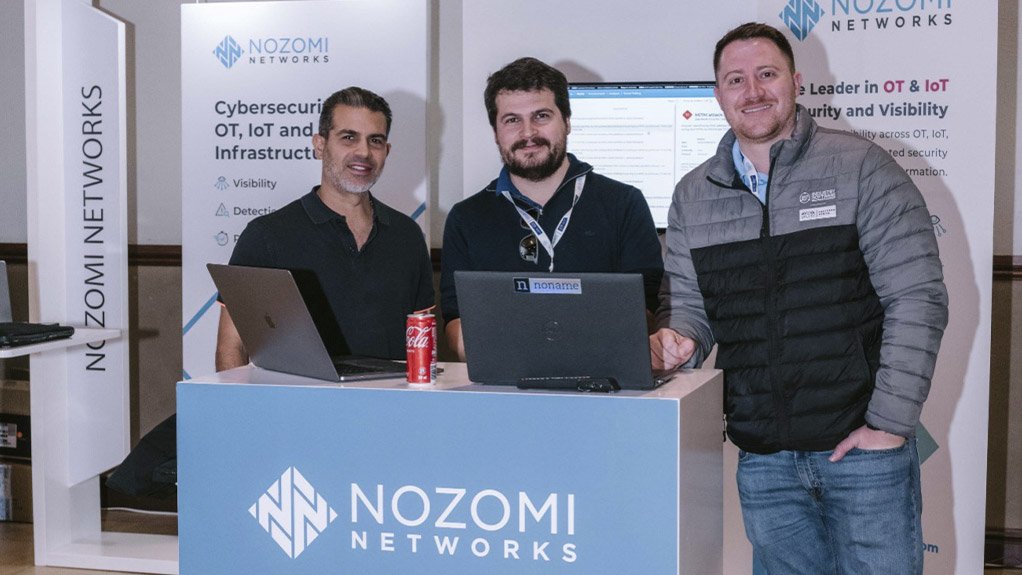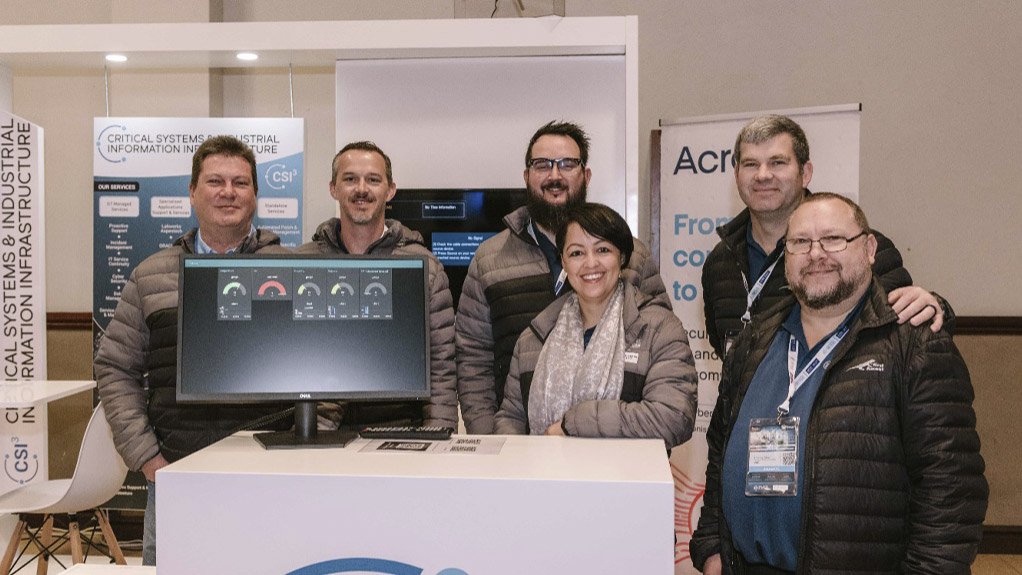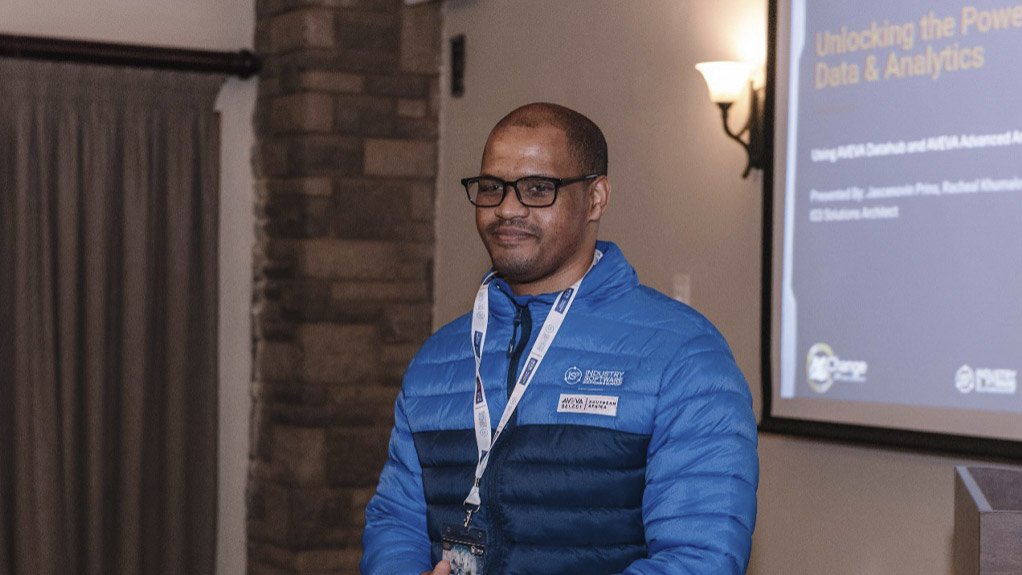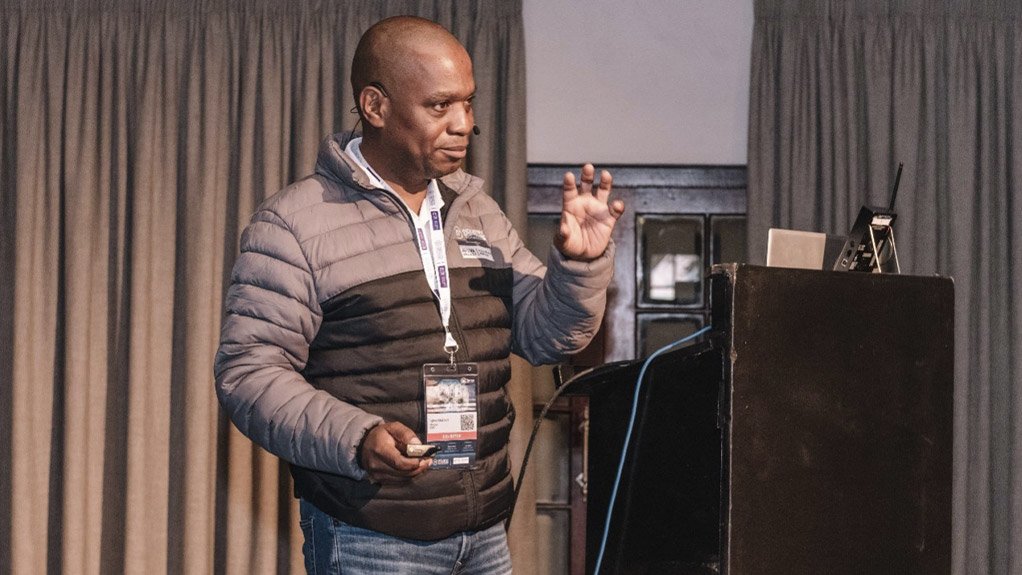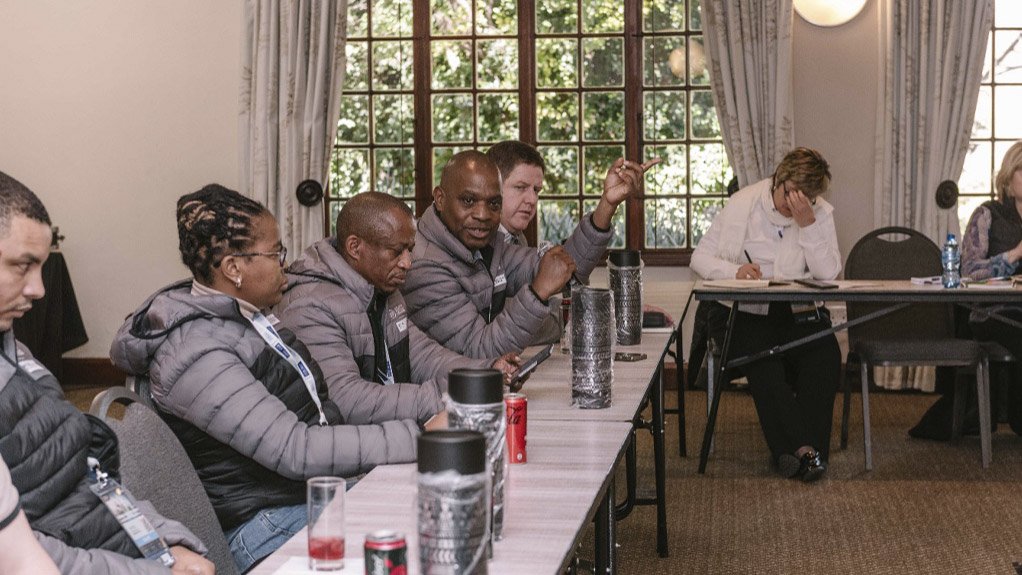IT-OT convergence set to advance African industry
The Xchange Conference, hosted by IS³, a business unit of Digital Industries, in the Drakensberg, KwaZulu-Natal, is spotlighting the significant trend of IT and Operational Technology (OT) convergence. Tshisi Makhari and Maartin Swart, International Business Development Managers of Digital Industries, offer valuable insights into this transformative development in the industrial sector in this Q&A feature:
Q: The convergence of IT and OT convergence is key to accelerating the digital transformation of industrial groups. Are industrial companies in Africa moving in this direction?
A: Within our client base, we observe a definite trend towards digital transformation through the implementation of Business Enablement Programmes. These programmes contextualise and democratise process and manufacturing execution system data at the enterprise level, providing better insights and informing business strategy. Process and manufacturing execution system data encompasses real-time information about production activities, including work order tracking, scheduling, inventory, quality control, and equipment utilisation.
Q: How do you define IT-OT convergence?
A: IT-OT convergence is the integration of data across the industrial value chain.
Q: Do stakeholders in the industrial sector have a good grasp of this concept?
A: Based on the insights we have gleaned from our clients, stakeholders generally understand the desired end-state but lack clarity on where to start, or how to create a roadmap to achieve it. The main challenge lies in navigating the various concepts and processes required to effectively integrate IT and OT data.
Q: How are industrial groups leveraging data to simplify their processes and generate new value?
A: By adopting business enablement and digitalisation programmes, industrial groups are visualising data through web applications, moving away from excel and spreadsheets as primary data sources. This shift reduces data silos, enhances visibility, and facilitates data sharing across the organisation. They are also using analytics tools, including predictive analytics, to perform preventative rather than reactive maintenance, significantly increasing equipment lifespan.
IS³, the distributor of AVEVA Software for sub-Saharan Africa, offers a wide range of products and toolsets that reduce the time typically required to manually clean and combine data. This allows human capital and resources to focus on deriving actionable insights and making data-driven decisions.
Q: What are the broader objectives of driving IT-OT integration across these businesses?
A: The broader objectives of IT-OT integration include:
Improved operational efficiency: Streamlining processes by enabling real-time data sharing and decision-making and automating maintenance schedules based on real-time equipment data to reduce downtime.
Enhanced data analytics and insights: Leveraging data from both IT and OT systems for deeper operational insights, better decision-making, and predictive maintenance to prevent equipment failures.
Increased agility and flexibility: Enhancing the organisation’s capability to respond quickly to market changes and customer demands and adapting production lines based on real-time demand data to minimise waste and optimise resource use.
Improved cybersecurity: Creating a unified security strategy to protect both IT and OT environments from cyber threats.
Cost reduction: Machine operations can be optimised with integrated IT and OT data, achieving lower operational costs through better resource management, predictive maintenance and lower energy consumption.
Enhanced product and service innovation: Integrating new technologies to develop smart products and services using data from both IT systems (e.g. user data) and OT systems (e.g. sensor data).
Regulatory compliance: Ensuring compliance with industry standards and regulations through unified data management and automated reporting.
Better asset management: Optimising the use and maintenance of physical assets with integrated monitoring IoT sensors.
Improved quality control: Enhancing product and service quality by closely monitoring and controlling manufacturing and operational processes in real-time. This involves immediately detecting and correcting deviations in production.
Sustainability: Reducing environmental impact through better resource management and using data to optimise energy use in production.
In summary, IT-OT integration is aimed at creating a more interconnected, efficient, and responsive industrial organisation. By breaking down the silos between IT and OT, businesses can leverage the full potential of their data, improve operational efficiency, foster innovation, and enhance overall competitiveness.
Q: Do industrial companies in Southern, West, and East Africa have established policies and procedures for governance and compliance across various services? And if so, are OT policies and procedures distinct from IT policies and procedures?
A: Yes, companies in these regions maintain written policies and procedures for governance and compliance covering services like patch management, antivirus, cybersecurity, and others. When applicable, OT policies and procedures are separated from IT policies and procedures to address specific operational technology needs effectively.
Additionally, organisations leverage advanced technologies such as artificial intelligence (AI) and data analytics to enhance compliance monitoring and reporting, ensuring proactive risk management and strategic decision-making. This structured framework enables companies to navigate complex regulatory environments, maintain operational resilience, and drive innovation in their respective industries.
Q: Finally, what are the obstacles to IT-OT integration within this region? And are there lessons that other regions can learn from us?
A: The integration of IT and OT faces significant challenges in African companies. Limited connectivity and infrastructure, unreliable power supply, and resistance to change in conservative work cultures hinder progress. Financial concerns, including the costs of new technologies, and job protection, further complicate integration efforts. Socio-political, educational, and economic factors also influence the landscape. Despite these challenges, Africa's experience demonstrates adaptability and resilience, offering valuable lessons for smoother integration processes globally.
*The XChange 2024 conference is presented by IS³, a business unit of Digital Industries. It is Africa's premier industrial software conference, offering businesses in the industrial sector the opportunity to modernise their environments through engagement with cutting-edge technologies, expertise, and partners.
Read our next article: ABinBev earns top honours for software implementation at XChange here: https://www.engineeringnews.co.za/article/abinbev-earns-top-honours-for-software-implementation-at-xchange-2024-06-14
Article Enquiry
Email Article
Save Article
Feedback
To advertise email advertising@creamermedia.co.za or click here
Press Office
Announcements
What's On
Subscribe to improve your user experience...
Option 1 (equivalent of R125 a month):
Receive a weekly copy of Creamer Media's Engineering News & Mining Weekly magazine
(print copy for those in South Africa and e-magazine for those outside of South Africa)
Receive daily email newsletters
Access to full search results
Access archive of magazine back copies
Access to Projects in Progress
Access to ONE Research Report of your choice in PDF format
Option 2 (equivalent of R375 a month):
All benefits from Option 1
PLUS
Access to Creamer Media's Research Channel Africa for ALL Research Reports, in PDF format, on various industrial and mining sectors
including Electricity; Water; Energy Transition; Hydrogen; Roads, Rail and Ports; Coal; Gold; Platinum; Battery Metals; etc.
Already a subscriber?
Forgotten your password?
Receive weekly copy of Creamer Media's Engineering News & Mining Weekly magazine (print copy for those in South Africa and e-magazine for those outside of South Africa)
➕
Recieve daily email newsletters
➕
Access to full search results
➕
Access archive of magazine back copies
➕
Access to Projects in Progress
➕
Access to ONE Research Report of your choice in PDF format
RESEARCH CHANNEL AFRICA
R4500 (equivalent of R375 a month)
SUBSCRIBEAll benefits from Option 1
➕
Access to Creamer Media's Research Channel Africa for ALL Research Reports on various industrial and mining sectors, in PDF format, including on:
Electricity
➕
Water
➕
Energy Transition
➕
Hydrogen
➕
Roads, Rail and Ports
➕
Coal
➕
Gold
➕
Platinum
➕
Battery Metals
➕
etc.
Receive all benefits from Option 1 or Option 2 delivered to numerous people at your company
➕
Multiple User names and Passwords for simultaneous log-ins
➕
Intranet integration access to all in your organisation



